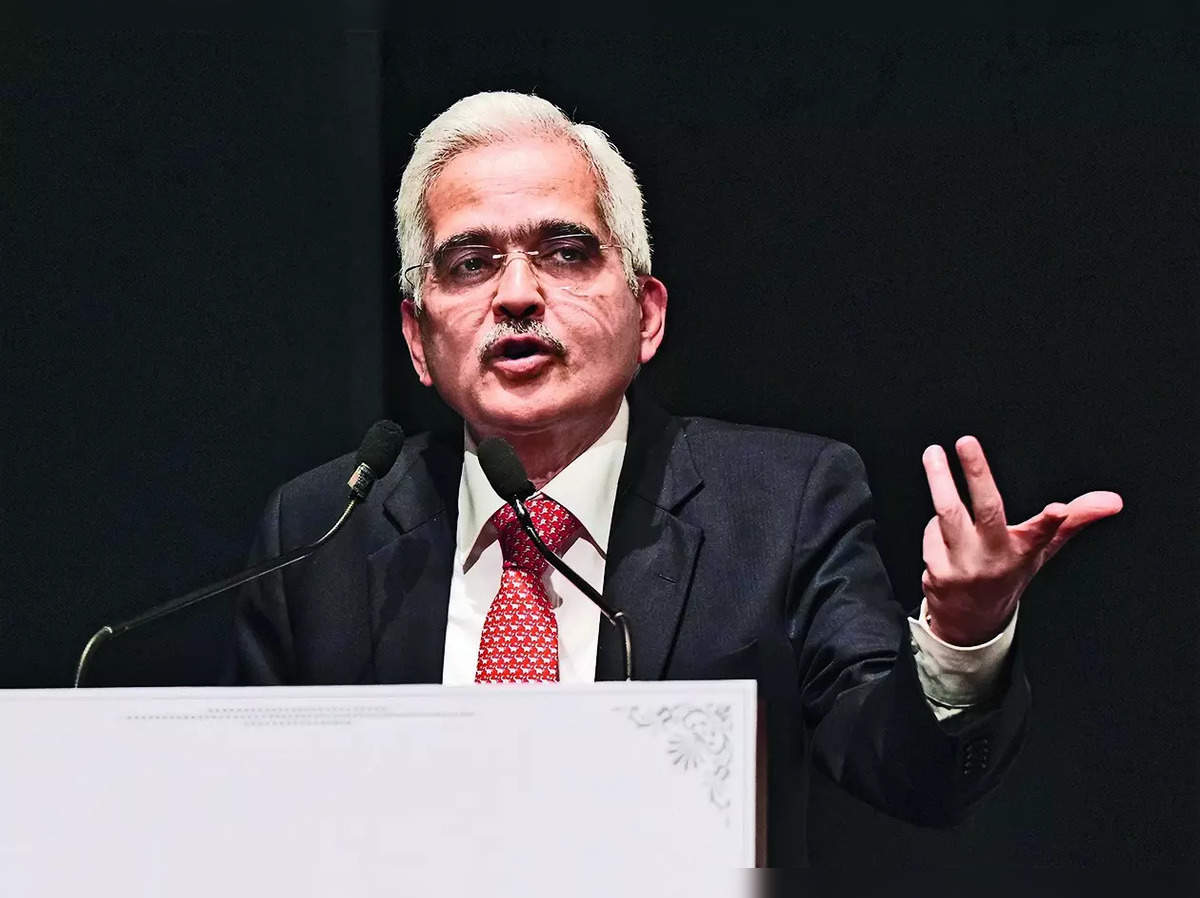
"Given the likely short-term nature of the vegetable price shocks, monetary policy can look through the first-round impact of fleeting shocks on headline inflation," Reserve Bank of India (RBI) Governor Shaktikanta Das said in the minutes. "At the same time, we need to be ready to pre-empt any second-round impact of food price shocks on the broader inflationary pressures and risks to anchoring of inflation expectations."
'Similar Prognosis Earlier Proved Right'
India's Consumer Price Index inflation surged to a 15-month high of 7.44% in July, shooting past the MPC's tolerance band of 2-6%. The MPC's inflation target is 4%. From mid-June to end-July, prices of tomatoes shot up nearly five times, with more than 80% of the rise occurring in the end of June and the first half of July, RBI executive director Rajiv Ranjan said.
"A risk to the inflation outlook stems from the liquidity overhang in the banking system. Withdrawal of excess liquidity should engage primacy in the attention of the RBI going forward," RBI deputy governor Michael Patra said.
Liquidity ManagementDas said that the RBI would manage the liquidity overhang proactively using the various instruments at the central bank's disposal while making sure that banks have enough funds to meet productive requirements.
The minutes showed emphasis among members of the MPC for adequate supply-side measures to prevent food supply shocks from translating into generalised inflation.
External member Ashima Goyal stressed the need for diversified and resilient vegetable supply chains, pointing out that well-functioning markets respond before price spikes become very large.
"Delhi should not be buying tomatoes only from Himachal Pradesh. States can experiment with allowing corporations more direct access to farmer organisations. Large food retail chains also buying from mandis aggravate price movement in India," she said.
Observing that farmer cooperatives hold more bargaining power, Goyal said that platforms such as the Open Network for Digital Commerce could help establish supply agreements anywhere in India.
External member Jayanth Varma said that while worries persisted about the spatio-temporal distribution of the rains, the continuing slowdown in China was likely to keep commodity prices contained.
'No Need to Panic'
"Just as a couple of low readings do not call for celebration, it is equally true that a couple of very high readings do not call for panic," Varma said.
According to him, at 6.50% the current level of the repo rate is high enough to bring inflation down below the upper tolerance band on a sustained basis while also gliding it towards the middle of the band.
As he has over the past few months, Varma disagreed with the MPC's maintenance of the stance of withdrawal of accommodation.
MPC Minutes: Excess liquidity on RBI radar - The Economic Times
Read More

No comments:
Post a Comment